Search
Remove Ads
Advertisement
Summary 
Loading AI-generated summary based on World History Encyclopedia articles ...
Search Results
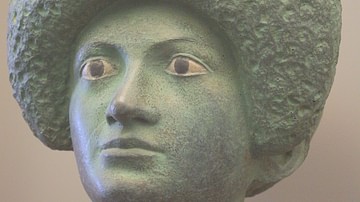
Definition
Roman Art
The Romans controlled such a vast empire for so long a period that a summary of the art produced in that time can only be a brief and selective one. Perhaps, though, the greatest points of distinction for Roman art are its very diversity...
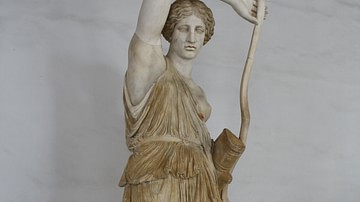
Image Gallery
Imagining the Amazons: Women Warriors in Greco-Roman Art
Amazon warriors frequently appeared in the art, literature, and mythology of the ancient Greeks and Romans. The idea of a female warrior society existing on the fringes of civilization continues to capture the imagination of modern generations...

Video
TICE ART 1010 Greek and Roman Art
Overview of Greek and Roman Art for the TICE ART 1010 Course
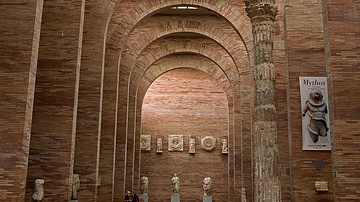
Image
National Museum of Roman Art in Mérida, Spain
Main hall of the National Museum of Roman Art in Mérida (Spanish: Museo Nacional de Arte Romano), Spain. Inaugurated in 1986, the magnificent building, reflecting certain aspects of Roman architecture, occupies some 5000 m² ((53819 ft²...
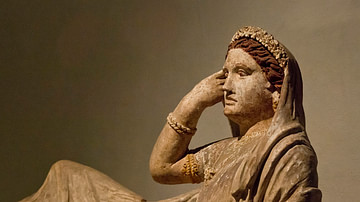
Definition
Etruscan Art
The art of the Etruscans, who flourished in central Italy between the 8th and 3rd century BCE, is renowned for its vitality and often vivid colouring. Wall paintings were especially vibrant and frequently capture scenes of Etruscans enjoying...
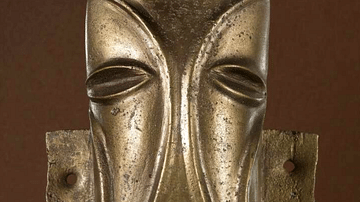
Definition
Ancient Celtic Art
Art, along with language, is perhaps the best way to see the connections between the ancient peoples we label as Celts who lived in Iron Age Europe. There were great variations across time and space but common features of ancient Celtic art...
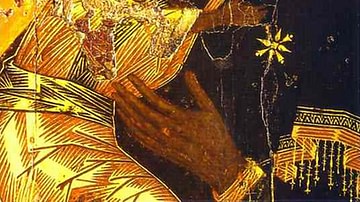
Definition
Byzantine Art
Byzantine art (4th - 15th century CE) is generally characterised by a move away from the naturalism of the Classical tradition towards the more abstract and universal, there is a definite preference for two-dimensional representations, and...
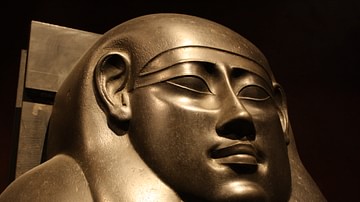
Definition
Ancient Egyptian Art
The artworks of ancient Egypt have fascinated people for thousands of years. The early Greek and later Roman artists were influenced by Egyptian techniques and their art would inspire those of other cultures up to the present day. Many artists...
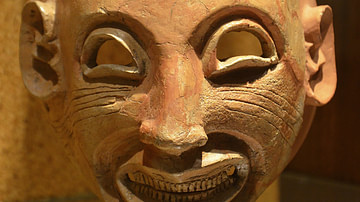
Definition
Carthaginian Art
The art of the Carthaginians was an eclectic mix of influences and styles, which included Egyptian motifs, Greek fashion, Phoenician gods, and Etruscan patterns. Precious metals, ivory, glass, terracotta, and stone were transformed into highly...
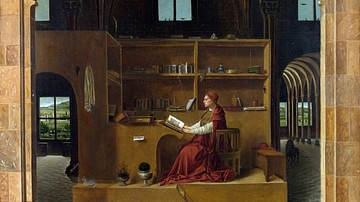
Definition
Renaissance Art
The art of the Renaissance period in Europe (1400-1600 CE) includes some of the most recognisable and best-loved paintings and sculptures in the world. Masters were often skilled in both painting and sculpture, and by studying the art of...